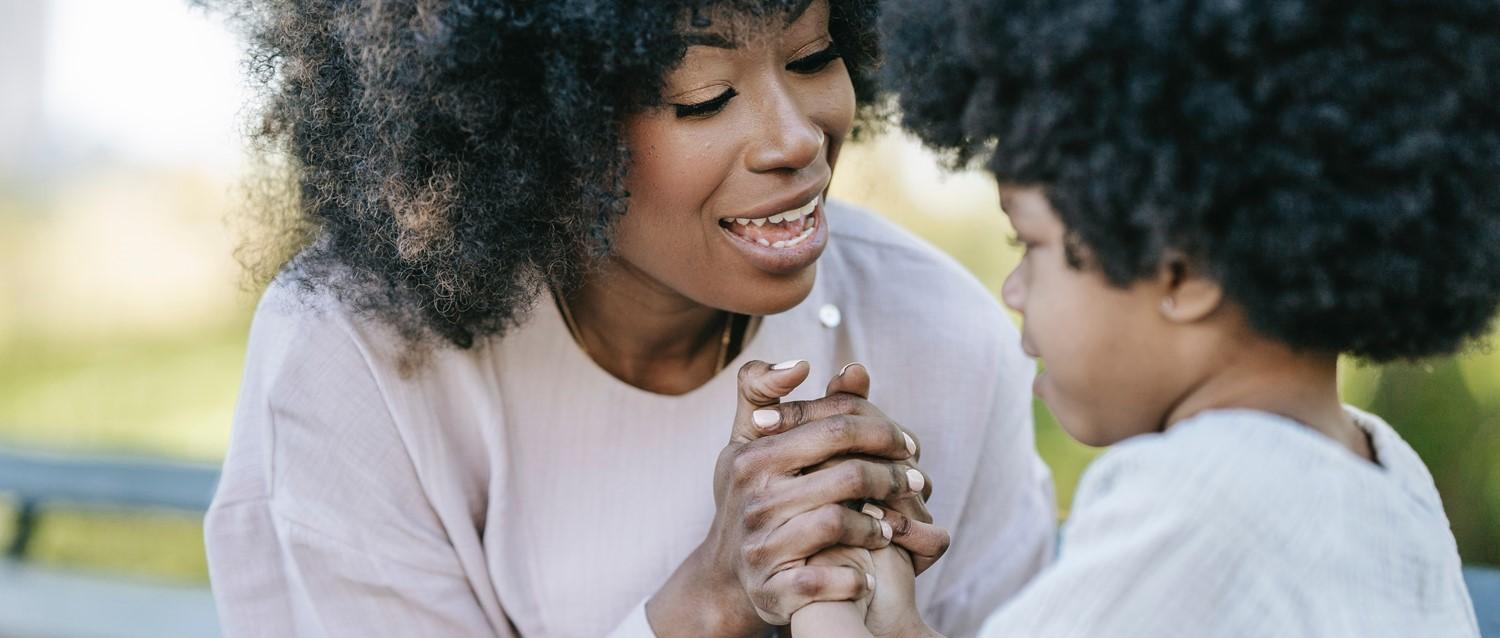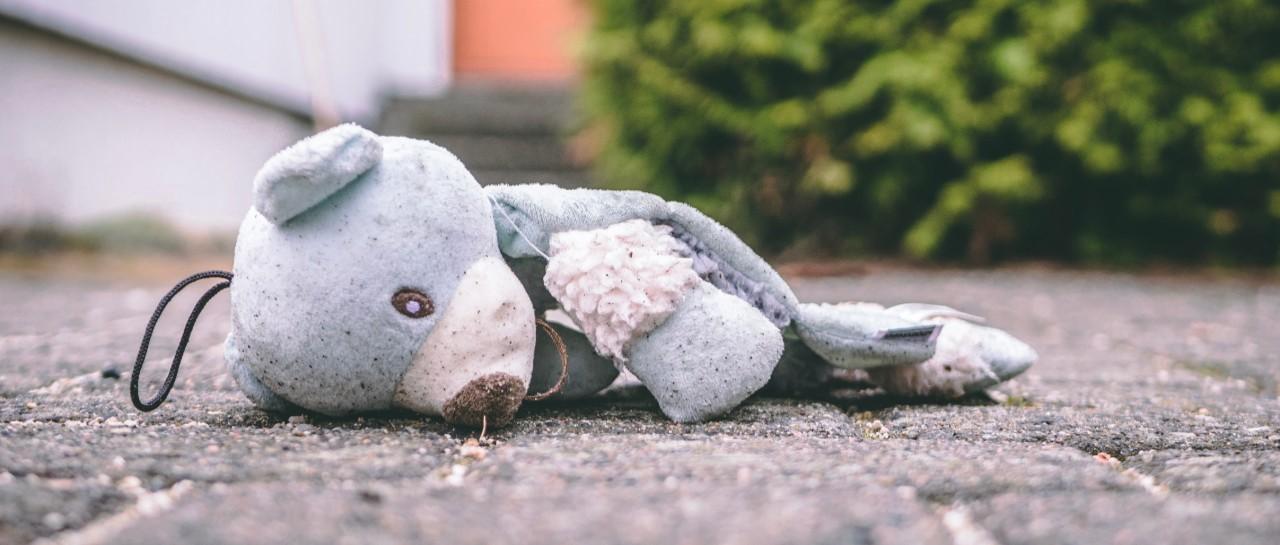
Coping with grief after losing a loved one to lung cancer
Peer reviewed by Dr Sarah Jarvis MBE, FRCGPLast updated by Emily Jane BashforthLast updated 13 Dec 2021
Meets Patient’s editorial guidelines
- DownloadDownload
- Share
- Language
- Discussion
Grieving the loss of someone following their death from lung cancer can be a painful process. A lot of complicated emotions often arise, ranging from shock, sadness and anger. It can also take a long time for a loved one's death to feel real, and the healing process following that can take months or even years, as you learn to navigate life in a different way.
In this article:
Continue reading below
The initial lung cancer diagnosis
*Joanne's partner died in 2020 following his lung cancer diagnosis. *George started with a cough in November 2018, which lasted for two weeks. Doctors gave him antibiotics on two occasions, but they were unsuccessful. After spending all of Christmas feeling too ill to leave his bed, he returned to the doctors in the new year and was sent for scans. They showed a shadow on his lungs and further tests at the hospital led to a diagnosis of small cell lung cancer. It was at stage three lung cancer.
His type of lung cancer was inoperable, and operating meant a risk of damage to his heart and major arteries. Following his diagnosis, George was referred for chemotherapy every two weeks, although sometimes doctors would not risk the chemo as George's blood count was very low and he had no immunity. After this, he was given chemotherapy tablets to take at home and a further scan suggested his lung cancer had shrunk.
However, his condition worsened and he was referred for radiotherapy on his brain, because there is potential for lung cancer to spread to the brain.
He often said that it felt like staff were judging him when he went for treatment, as he was a heavy smoker who quit just after being diagnosed. He felt as if people thought his lung cancer was 'his own fault'.
Joanne would also feel this way when she told people the news.
"The first thing people would ask me would be, 'Does he smoke?' and they just didn't know what to say when I confirmed that he did. It was as if they thought he should've expected this," she says.
George went into a hospice four days before he died in February, with Joanne by his side.
Someone you no longer recognise
Partner of five years and long-time friend Joanne says life was very difficult following George's diagnosis.
"He became very short-tempered and often refused help from me. He really struggled with losing his independence, as he was someone who did most things by himself prior to getting sick. However, he became very weak and wasn't able to do things like cleaning that once wouldn't have required much energy. He pushed everyone away, which made me feel helpless and as though I couldn't do anything right."
Joanne confided in one of the Macmillan nurses, who visited George at his house. She was told that George's behaviour was common, as he just wanted to protect her.
Jane Murray, bereavement services manager at the Marie Curie Hospice Solihull, says this behaviour from patients is common, but becoming so involved can greatly impact family members' well-being.
"As someone's independence to care for themselves decreases and the family member's role increases, it can leave little time to acknowledge their own emotions. People often think they need to be strong for their loved one, as there will be plenty of time for feelings when they are gone."
Murray also says this change in someone's character can make the grieving process later on even more difficult. Relatives and carers need to grieve not only for their loved one, but for all the things they lost to lung cancer. She says, in many ways, people aren't the same post-diagnosis and they lose parts of themselves. Witnessing this gradual decline and seeing someone become unrecognisable can make loved ones even more angry at the illness, and traumatised by their loss.
Continue reading below
The stages of grief
Shock and sadness
When seeking support from a doctor, Joanne was told she was suffering from anticipatory grief (the feeling of grief occurring before an impending loss), because she knew he wasn't going to get any better.
Murray says grief starts at the beginning of a lung cancer diagnosis, not just as a reaction to bereavement.
"There's that initial shock and disbelief. People may experience numbness to their feelings at first, which may last throughout the lung cancer journey as they focus on the practical things that need to be done. These include hospital appointments, medications, caring for the patient and their changing needs."
When the grieving process began, Joanne says that it was impossible to prepare for.
"I just felt numb at first. Even though I knew it was coming, nothing could ever have prepared me for it. You think you can prepare, but you can't. I had known the day was going to come for two years, but I was still in shock when it did. I was beyond upset," she shares.
Anger and guilt
After the initial period of sadness, however, anger settled in, as Joanne felt like she could've done more for George. On top of this, a family dispute with long-lost relatives arose, making it all the more difficult to let George rest peacefully and move on.
"Mourning the loss of George was made difficult when I was pushed out by family members who wouldn't let me plan the funeral or even visit George in the chapel of rest. I also wasn't kept in the loop following the funeral, so I don't have anywhere to go and lay flowers," she says.
Joanne says she is still angry almost two years later, and this anger has worsened her own anxiety and depression.
Murray adds that, when a patient sadly dies, a relative may start reliving aspects of their illness, as dying can be very vivid for a period of time, particularly if someone's lung cancer death was 'noisy' due to excess secretions or other breathing difficulties. Those memories can be very intense when relived.
Comfort and looking ahead
Something that comforted Joanne was taking in George's cat, whom he'd had for 18 years. However, once their cat became unwell and died, Joanne felt like George was gone completely.
"While I had George's cat, it felt like a part of him was still here with me. But once the cat was gone, I was forced to confront my grief properly for the first time. It was almost delayed, and felt all the more painful when it hit," she says.
"It's been a long journey coming to terms with him not being here anymore. Only after 18 months did I seek proper support and start caring for myself. I've had trouble sleeping and eating, and just haven't known what to do with myself," she admits.
Joanne now has anger management and counselling sessions, and has taken numerous antidepressants. She is planning on rebuilding her life, but has only recently felt able to socialise again and requires professional support to manage everyday tasks.
While grief has been a tough emotion for many people to tackle throughout the pandemic, Joanne actually felt lockdowns helped her. Since everyone was asked to stay home, she didn't have to justify her reasons for wanting to be alone, and she had time to process what had happened as the world came to a standstill. She also tries to find comfort in the fact that George died before COVID-19 hit its peak in the UK. She knows he wouldn't have survived in a COVID-19 world with his condition making him so weak, so it reassures her knowing he went peacefully.
Murray stresses the importance of being patient with yourself when grieving the loss of a loved one.
"Coping with the losses associated with lung cancer is challenging. While there is no right or wrong way to grieve, there are healthy ways to cope with the pain and sadness that, in time, can help you come to terms with your loss, find new meaning, and move on with your life. By acknowledging the losses and feeling the emotional pain, although difficult, it will allow grief to take its course so you can emerge with greater self-awareness and acceptance.
Grief can be very overwhelming and scary, so make sure you have someone you can talk to. Be patient with yourself and allow the process to unfold naturally."
Finding support
If you need support, you can contact the Marie Curie information and support line on 0800 090 2309.
You can also make an appointment with your GP if you are struggling with grief. Cruse bereavement support also has a support line run by volunteers, who are trained in bereavement counselling.
*names changed
Patient picks for Grief

Mental health
How to talk to children about death
One of the most difficult things for parents is watching their child experience grief after the death of someone they love. What often makes mourning so tricky for parents and other caring adults is the feeling that they can't make it better. Children and teens are going to experience pain as they go through this, and all you can do is be there to support them.
by Sara Lindberg

Mental health
How to cope with the physical symptoms of grief
Grief isn't just about facing the hardest of emotions, it can also manifest in physical symptoms. People going through a bereavement don't necessarily expect this. So how do you know what's normal?
by Dr Sarah Jarvis MBE, FRCGP
Article history
The information on this page is peer reviewed by qualified clinicians.
13 Dec 2021 | Latest version
13 Dec 2021 | Originally published

Ask, share, connect.
Browse discussions, ask questions, and share experiences across hundreds of health topics.

Feeling unwell?
Assess your symptoms online for free
Sign up to the Patient newsletter
Your weekly dose of clear, trustworthy health advice - written to help you feel informed, confident and in control.
By subscribing you accept our Privacy Policy. You can unsubscribe at any time. We never sell your data.